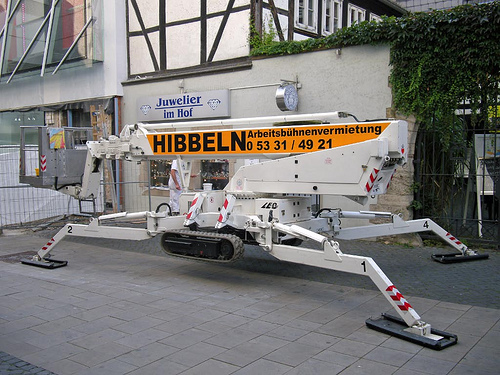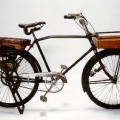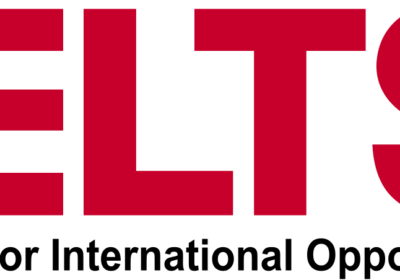Over 70% of accidents that occur in the workplace are as a result of working at height. This is why it is a legal requirement for people to do training courses, before using working at height equipment such as spiderlifts.
The Health and Safety at Work Act 1974 makes it a requirement for employers to provide an adequate level of training to their employees so they can operate equipment safely and competently. If you require your employees to use spiderlifts and other powered access platforms, they will need to do an IPAF training course. Here we will explain what the IPAF training course is and what’s involved.
What is IPAF Training?
The International Powered Access Federation created a training programme for individuals wanting to operate mobile elevating work platforms like spiderlifts. The aim of the training is to ensure they know how to carry out the necessary checks on spiderlifts (and other powered access platforms) and operate them safely in order to minimise the risk of injury to themselves and those around them.
More than one hundred thousand people do the IPAF training course each year and there are currently over six hundred training centres worldwide. These training centres are usually operated by MEWP manufacturers and hire companies that have been independently approved by IPAF.
What does the Spiderlift Training Course Involve?
The spiderlift training course involves both theory and practical training. You will have to learn the theory and pass the test before you are able to complete the practical training and assault course test, much like when you do a driving test.
The IPAF training course for spiderlift operators will teach you all you need to know about how to use the equipment safely and how to carry out risk assessments in order to mitigate all possible dangers.
Training tends to last between one and three days, depending on levels of experience and is usually given to individuals in small class sizes. Whilst IPAF training usually takes place at dedicated training centres, some IPAF trainers actually travel to individual workplaces to give bespoke training courses. The benefit of this is that candidates can learn in the spiderlifts they will be using on a frequent basis and can apply the theory they learn directly to their own personal working conditions.
What happens when you have Completed the Training?
Once a candidate has passed both the theory and practical parts of the IPAF training, they will receive a PAL (Powered Access Licence) Card, logbook and certificate. These will prove that they have undergone the necessary training and are qualified to operate MEWPs like spiderlifts safely. They also confirm that they work in compliance with the latest legislation and have knowledge of the best industry practices.
Both the PAL card and certificate will be valid for five years.
Don’t Take the Risk!
The Current Health & Safety legislation makes it the employer’s responsibility to ensure that their employees are competent working at height. Failure to do so could result in negligence claims and prosecution, not to mention the fact that they will be putting their employees at risk of harm.
Before allowing any employees to operate spiderlifts or other powered access equipment, employers should always check that their PAL cards are in date and that they have the necessary certificates to prove they have completed the IPAF training course.
A quick Google search for IPAF training courses in the UK will bring up pages and pages of results, so there is bound to be one close to your local area. The alternative option is to approach your spiderlift hire company to see if they offer IPAF training courses, as many of them do.







Recent Comments